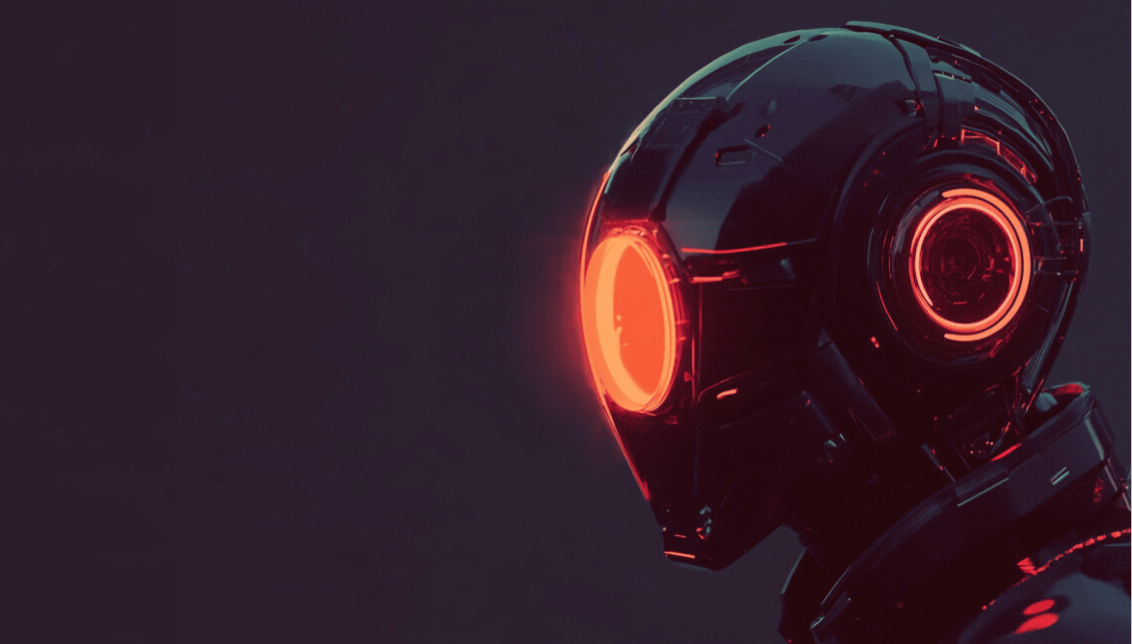OpenAI Launches Codex: AI Coding Agent in ChatGPT
In a major leap forward for AI-powered software development, OpenAI has launched Codex, a specialized coding agent now integrated into ChatGPT. This release marks a significant evolution in how developers—both novice and experienced—can write, debug, and improve code. Codex builds upon the O3 reasoning model and has been fine-tuned to understand and generate high-quality software code across a variety of programming languages. What makes Codex stand out is not just its fluency in languages like Python, JavaScript, TypeScript, and more, but also its ability to understand natural language prompts and convert them into functional code.
Key features include:
-
Natural language to code generation
-
Multilingual programming support (Python, JS, SQL, and more)
-
Clean, readable, and well-commented code output
-
Tailored to developers of all skill levels
For many, this has the potential to reduce development time drastically while maintaining structured and well-documented output. As AI continues to reshape workflows, Codex may very well become a digital co-pilot for coders around the world.
What truly sets Codex apart is its ability to perform autonomous reasoning within the context of coding tasks. Unlike traditional autocomplete systems, Codex can test and refine its own outputs before serving them to the user. It doesn’t just write a block of code and move on—it evaluates whether that code works, runs tests behind the scenes, and iterates until it functions correctly. This means fewer bugs, cleaner structures, and less time spent debugging on the developer’s end. It also follows instructions more precisely, recognizing subtle cues in a prompt to format output as required.
Benefits developers can expect:
-
Automated testing and self-correction
-
Faster prototyping and deployment
-
Increased coding accuracy and reliability
-
Context-aware suggestions and improvements
Whether someone is building an API, writing SQL queries, or automating browser tasks, Codex is designed to step in and shoulder the complexity. It acts like a partner that not only understands the desired result but also reasons through how to get there efficiently. This level of autonomy brings Codex closer to being an AI agent, not just a tool.
As Codex becomes more integrated into the ChatGPT ecosystem, particularly in GPT-4.5 and beyond, it opens doors to new workflows, collaborative programming, and solo development at speed. Professionals can ask Codex to explain difficult sections of legacy code, create new functions from scratch, or even optimize existing systems. Hobbyists, too, benefit—using it to build personal apps, automate spreadsheets, or learn new programming languages interactively.
What this means for the future:
-
Easier entry points for learning to code
-
Greater productivity for experienced developers
-
A shift toward collaborative AI coding agents
-
Safer, more scalable software development
While there are still guardrails and safety measures to ensure the AI doesn’t generate harmful or vulnerable code, OpenAI has emphasized a future of responsible usage, collaboration, and accessibility. The launch of Codex isn’t just about adding a new feature—it represents a paradigm shift in software development. By blending natural language understanding with deep code intelligence, Codex is the latest step in bringing true AI agents into everyday technical tasks. For developers everywhere, it’s a promising sign that the future of programming may be more about describing what you want—and letting AI take care of the rest.







